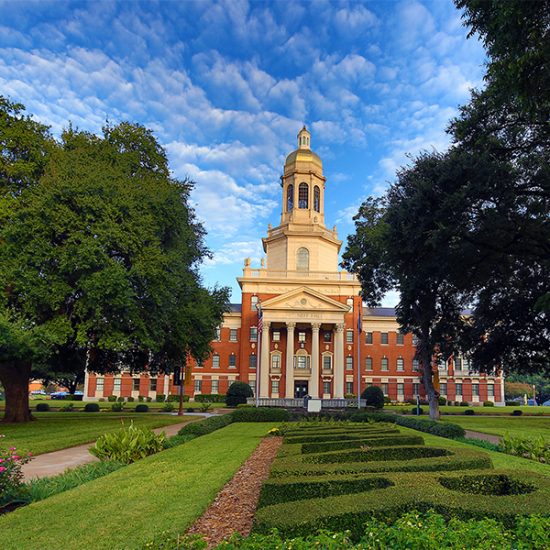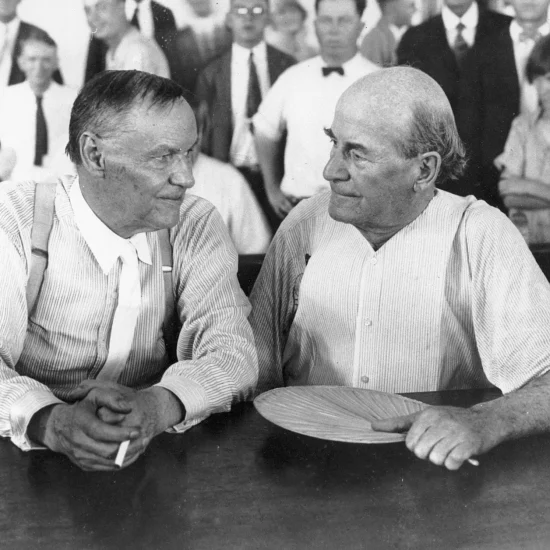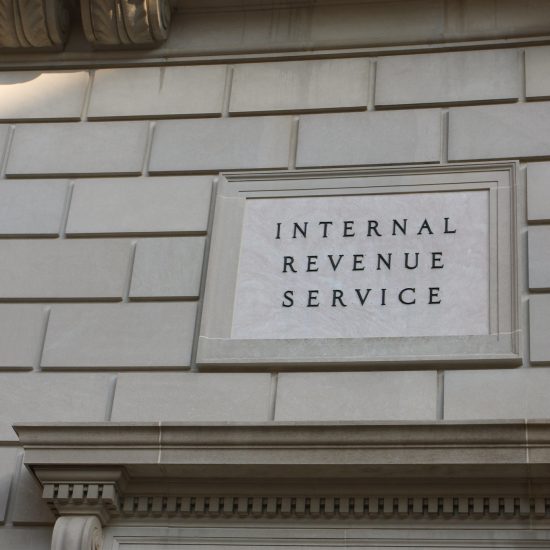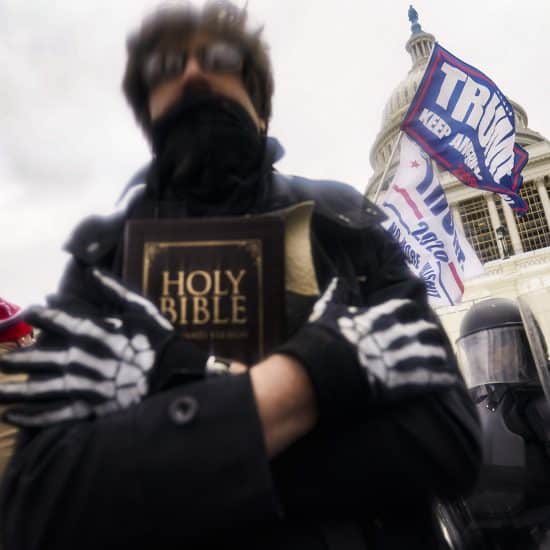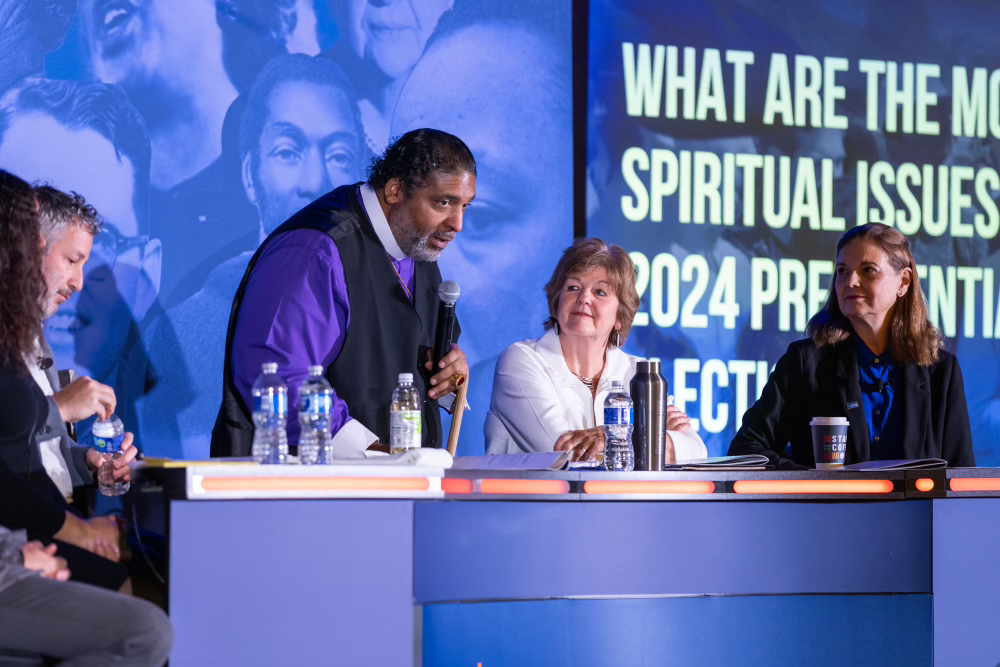
(RNS) — A group of Christian pastors, theologians, and scholars has signed a declaration committing the signers to preaching on “moral issues” ahead of the 2024 election and opposing what the group calls “religious nationalism.”
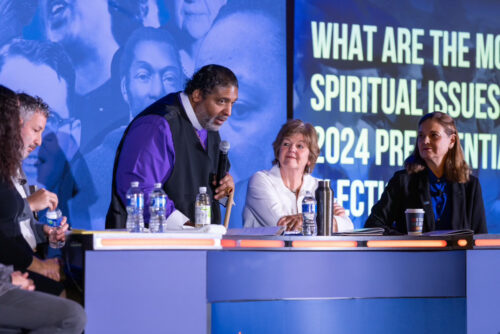
The Rev. William J. Barber II speaks during Yale Divinity School’s first Public Theology and Public Policy Conference, April 7, 2024, in New Haven, Conn. (Courtesy photo)
The document defines religious nationalism as a political movement that it says is exploiting “traditional values” to undermine democracy. “This distorted religious nationalism has persuaded many well-meaning Christians to focus on a narrow set of divisive cultural wedge issues while ignoring the real moral issues that are at the heart of our Scriptures and tradition,” the declaration reads.
The New Haven Declaration of Moral & Spiritual Issues in the 2024 Presidential Election is one of the outcomes of Yale Divinity School’s first Public Theology and Public Policy Conference, which concluded Tuesday (April 9).
The declaration states “We love this nation,” before taking on what it describes as a “political movement (that) has co-opted our faith tradition.”
“We repent of not doing more to preach and teach against this misuse of our faith, and we pledge to proclaim in word and deed a public theology that is good news for all people,” it reads.
The declaration then calls on pastors to launch “a season of preaching the moral issues of living wages and union rights, healthcare and ecological justice,” among other issues.
The Rev. William J. Barber II, the founding director of the Yale Center for Public Theology and Public Policy, said he hoped the conference helped educate pastors about the issues the Bible prioritizes: societal inequality and injustice.
“The very things that the prophets and that Jesus put at the center as primary are not being heard in the pews in this country,” Barber said. “And that is a deficit that we believe is a form of pastoral malpractice.”
Barber, whom some consider a successor to the Rev. Martin Luther King Jr. for his anti-poverty activism, retired from the pulpit of his Goldsboro, North Carolina, church last year to devote his time to training future pastors. He may be best known for organizing the Moral Mondays movement as a protest against cuts to unemployment benefits, health care funding, and voting rights in his home state. In February, he met with Vice President Kamala Harris to talk about issues surrounding the plight of the poor.
Among the initial signers of the declaration are the Rev. Jacqui Lewis, pastor of New York City’s historic Middle Church; Shane Claiborne, an activist with the Red Letter Christians; Bishop Yvette Flunder of the Fellowship of Affirming Ministries; and Willie James Jennings, a Yale Divinity School professor and theologian.
Another signer, the Rev. Teresa Hord Owens, president of the Christian Church (Disciples of Christ), who attended the conference, said she would encourage pastors in her denomination of 3,000 congregations to sign the declaration as well.
“I think as Christians we have to really understand what the roots of our tradition are and not allow those things to be distorted or misused for purposes that really fly in the face of what we believe,” Owens said.
She said she believed voter apathy is the result of political candidates not addressing the issues that are important to so many people, such as jobs, wages, and economic anxiety.
The conference featured a range of academic experts on Christian Nationalism, including Philip Gorski and Anthea Butler. Participants also were invited to watch a new documentary on the rise of Christian Nationalism called “Bad Faith.”
But the bulk of the conference was devoted to helping pastors and other Christian leaders better understand the issues that Barber cares about most: poverty, racism, voting rights, criminal justice, and health care.
“Christian Nationalism glorifies hating, almost disdaining, others when our Christian teaching from Scripture calls us to embrace our neighbor and it doesn’t decide who our neighbor is,” Barber said. “It calls us to love everyone with the love of God.”

